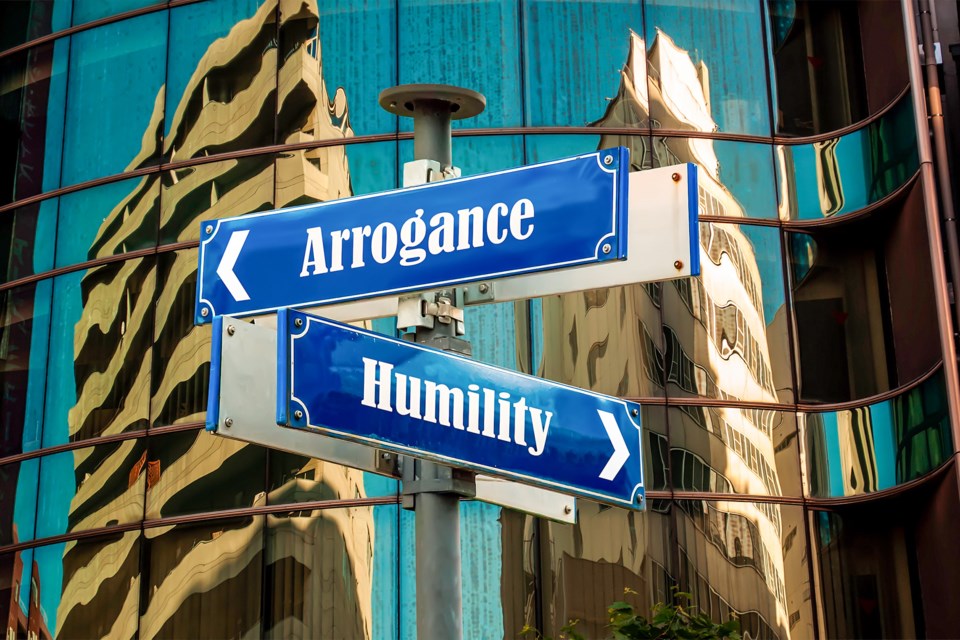I’ve been ordained as an Anglican deacon and then priest for less than four years but have conducted almost 50 funerals. The numbers show no sign of slowing down. It’s always a privilege, and it’s always a challenge. There’s also such a roaring paradox involved, because the one inevitability in life is the one that we’re least prepared for.
We’re all frightened, and that’s entirely understandable. Frightened of losing those we love, frightened of our own departure, frightened our own death. Frightened of simply not being here. Anybody who claims to have all of the answers is best avoided, because there simply aren’t solutions to every puzzle. Indeed, faith itself is a dialogue.
In my experience, Jews and Irish Catholics cope with it all the best. Sitting Shiva provides time for reflection and support. And food. Not a bad combination. The wake injects a sense of joy, or something approaching it, into a time soaked in pain. Remembering the good, the fun, the love in the person who has died. If a couple of drinks are consumed, so much the better.
When I’m asked, I always recommend a short book called A Grief Observed, by CS Lewis, and a more recent one, The Madness of Grief, by English priest and public figure Richard Coles, who I’m fortunate to know as a friend. In the former, Lewis writes of the death of his wife, “No one ever told me that grief felt so like fear. I am not afraid, but the sensation is like being afraid. The same fluttering in the stomach, the same restlessness, the yawning. I keep on swallowing.”
Richard is equally profound but also funny. “After David died, there was a woman at the hospital who had been widowed, too. She said, ‘You’re going to be mad, for a while. People will never be as nice to you again as they are now, so milk it for all you can.’”
Humour, believe it or not, does help. Laughter may be the opposite of tears in numerous ways but these intense reactions come, I think, from a similar part of the psyche. I’ve seen people laugh and then cry over and over again, and it can be surprisingly healing.
Honesty, however, is vital. Being compassionate and being patronizing aren’t the same thing, and just because someone is grieving doesn’t mean they’ve suddenly become less intelligent or aware. People can usually detect insincerity, even if it’s meant to help and there’s no malice involved. Never talk down to one who is in pain. Equality at a time of suffering can work wonders.
As a Christian, I genuinely believe that this is only the land of shadows, and real life hasn’t begun yet. But I couch those words in the reality of the room, and the worst thing a priest can do is to offer platitudes. Can I rationalize pain and loss? Not really. Bad things happen to good people. What I can and do say is that in my mind, in my faith, Jesus has been there before us, suffered before us, and suffered for us. In a divine leap of solidarity, he felt what we now feel.
The most important thing any of us can do is simply to be present. Be there. Listen rather than talk, accept the anger, and don’t try to explain what can’t be explained, certainly when wounds are bleeding raw and open.
Also, consider the context. Those mourning the death of elderly parents are often married and have families around them, and there’s something natural and in a way more acceptable about it all. Those who have lost spouses, at any age, are obviously in a much darker place.
Relish life’s every moment, remind those close to you of your love, forgive until it hurts, and try to ignore the pointless noise that so surrounds us and concentrate on the important things. The pain? It never goes but does diminish, does become manageable. For what it’s worth, I give you my word. The limb, as they say, doesn’t grow back but you do get used to it not being there.

